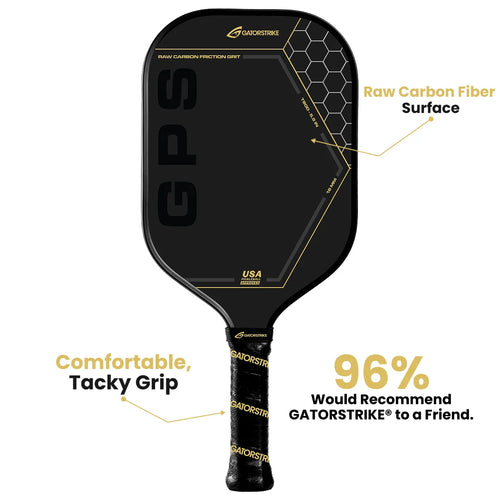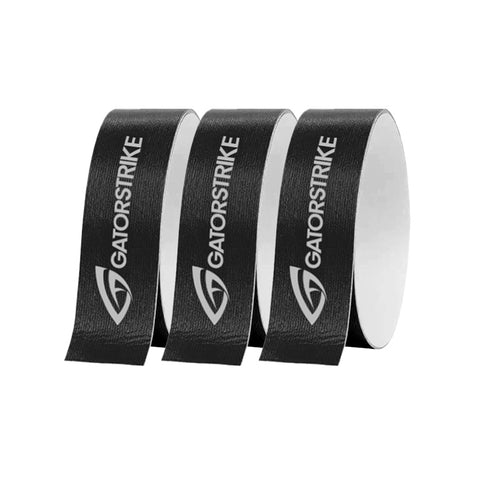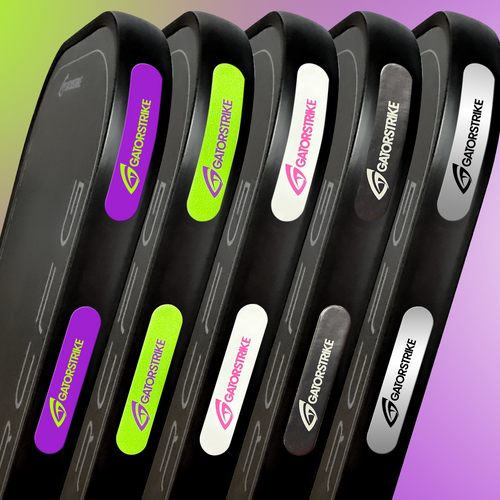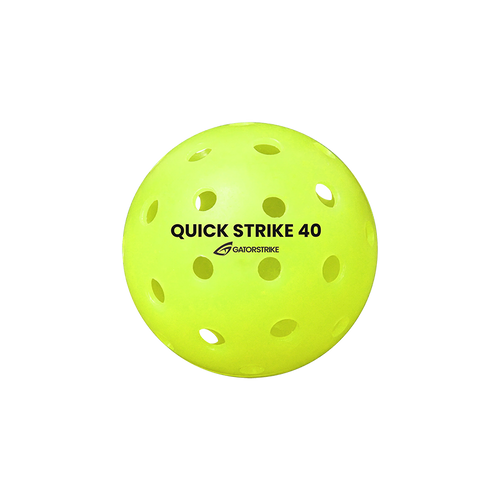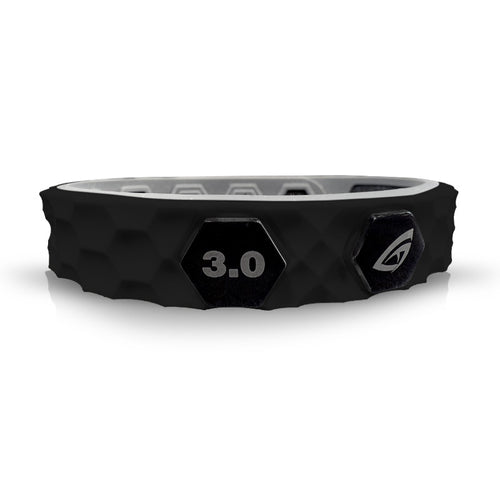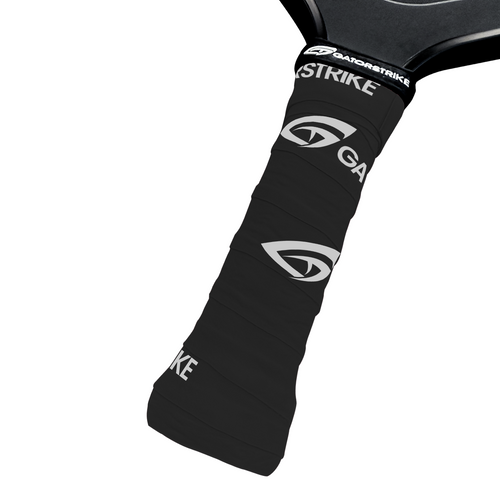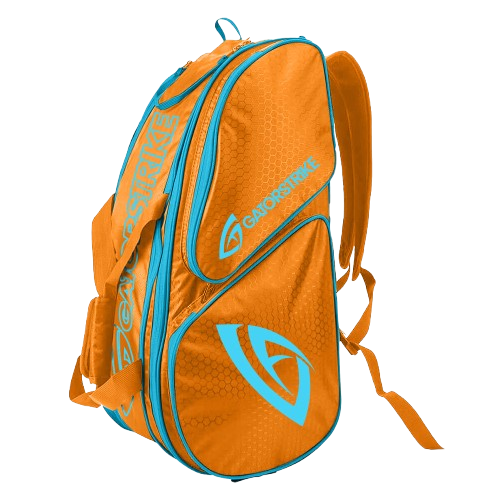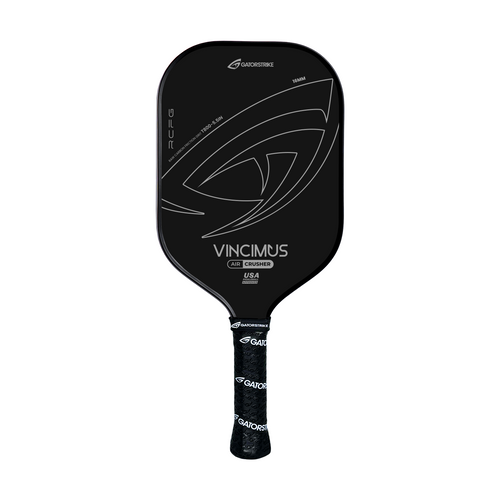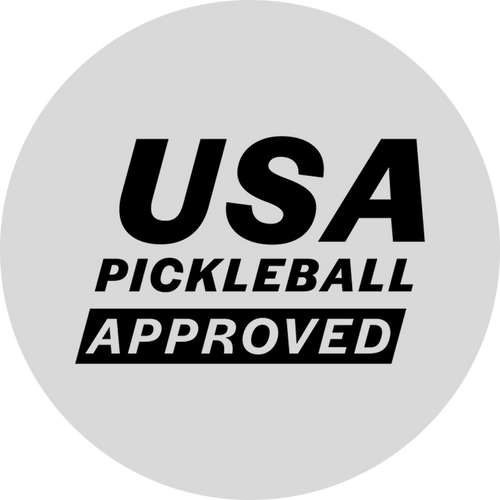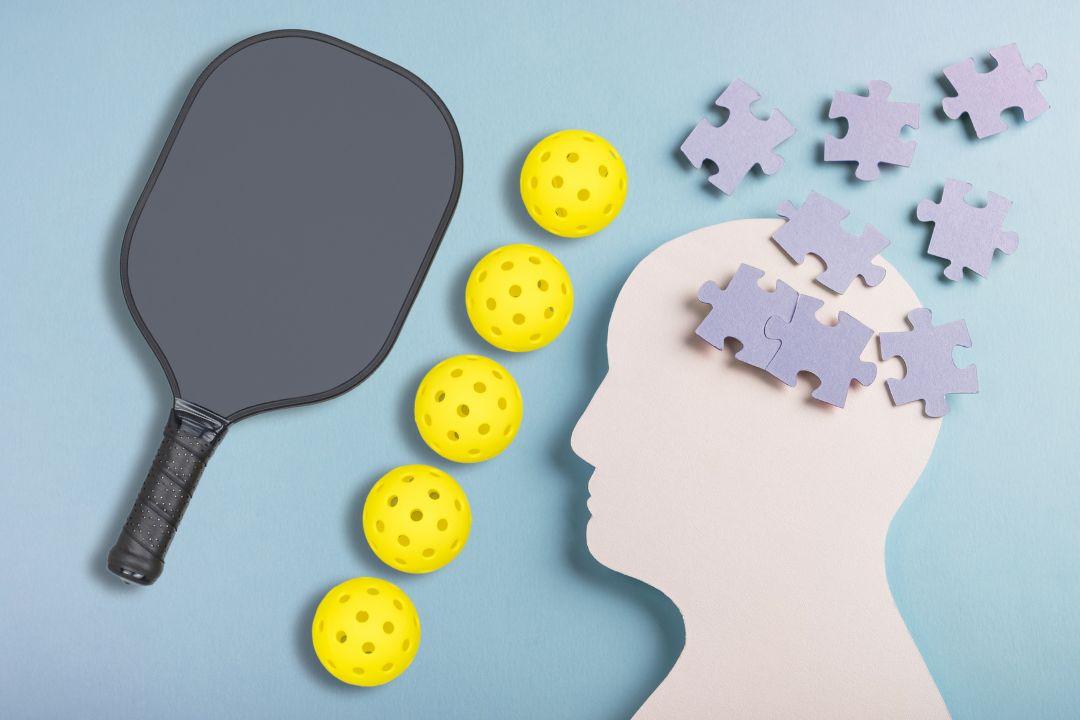
The Mental Game: Building Resilience on the Pickleball Court
Share
In pickleball, every game brings a flurry of quick decisions, challenges, and adrenaline-fueled moments. But beyond the flick of a wrist or the perfect backspin lies an even more vital element: the mind. Mastering the mental game is key to excelling on the court, and resilience is its cornerstone.
The Connection Between Mindset and Performance
In sports, success often starts in the mind. The way a player thinks can shape every swing of the paddle. On the pickleball court, a positive mindset can turn an ordinary player into a formidable opponent. Resilience isn’t just about bouncing back after a lost point—it’s about maintaining an unshakable belief in yourself, no matter the situation.
Sports psychology has long shown that athletes who cultivate a resilient mindset are more likely to reach their potential. This means embracing challenges, viewing setbacks as opportunities for growth, and focusing on improvement rather than perfection. When players adopt a growth-oriented mindset, they’re far more equipped to handle the twists and turns of a match.
Overcoming Mental Barriers
Frustration and self-doubt are familiar foes for every pickleball player. Missed shots, unforced errors, and tough opponents can quickly lead to negative thoughts. However, mental barriers, once identified, can be broken down. Recognizing when your mindset shifts from confidence to frustration is the first step in regaining control.
Visualize yourself shaking off mistakes as though they’re mere hiccups in a larger, more important journey. Successful players learn to embrace pressure and push through moments of doubt, channeling their frustration into focused action. Practice staying cool when the heat is on—it’s not just about survival, it’s about thriving under pressure.
The Role of Self-Talk
Self-talk is one of the most underrated tools in a player’s arsenal. The words you say to yourself on the court can determine whether you elevate your game or spiral into defeat. Negative thoughts often come creeping in during intense matches, but you have the power to redirect them.
Positive self-talk builds mental resilience. Instead of saying, "I can’t believe I missed that shot," try, "I’ll adjust and hit it better next time." Repeatedly reinforcing constructive statements rewires your brain to stay in a state of solution-focused thinking rather than self-criticism.
Staying Present and Focused
One of the greatest mental challenges on the court is the temptation to dwell on past mistakes or worry about future points. The best players know how to stay present in the heat of the moment. Mindfulness—being fully aware of the now—can dramatically improve a player’s focus.
Start small. During practice, take a few moments to breathe deeply and clear your mind between serves. This helps sharpen focus, reduce anxiety, and keeps your attention anchored in the present. When distractions arise, acknowledge them and bring your focus back to your game. Over time, staying present will become second nature.
Building Mental Toughness Through Adversity
No player walks onto the court and dominates without facing adversity. Mistakes and losses are part of the game—but they’re also your greatest teachers. Players who have built mental toughness don’t fear failure; they use it as fuel. Every error becomes an opportunity to learn and improve.
In moments of adversity, mental resilience shines. The player who loses a set but comes back stronger in the next has developed the skill to convert adversity into progress. Developing a "never-quit" attitude doesn’t just help you bounce back after a bad day—it turns every challenge into a stepping stone.
Rituals and Routines for Mental Strength
Consistency is key to building resilience, and that starts with establishing rituals and routines. Athletes across sports use pre-game rituals to prepare mentally and emotionally. Pickleball is no different. Whether it’s visualizing success, focusing on a personal mantra, or performing a warm-up routine, these habits create a sense of control and readiness.
Developing a pre-match routine conditions your mind to enter a resilient state. Your body will follow what your mind rehearses. On the court, having this mental preparation in place keeps you grounded and ready to handle whatever the game throws your way.
The Long-Term Benefits of Mental Resilience
The mental resilience you build on the pickleball court extends far beyond the boundaries of play. Players who develop strong mental toughness find that the skills they’ve cultivated—patience, focus, discipline—apply to all aspects of life. Whether it’s in your career, relationships, or personal goals, resilience remains a critical factor in success.
In pickleball, the game is more than a physical contest—it’s a mental battle. Building resilience gives you the edge to stay calm under pressure, adapt to adversity, and push through challenges. With mental strength, no game is ever lost, only lessons gained. So, the next time you step onto the court, remember: your most powerful weapon is the one between your ears.
